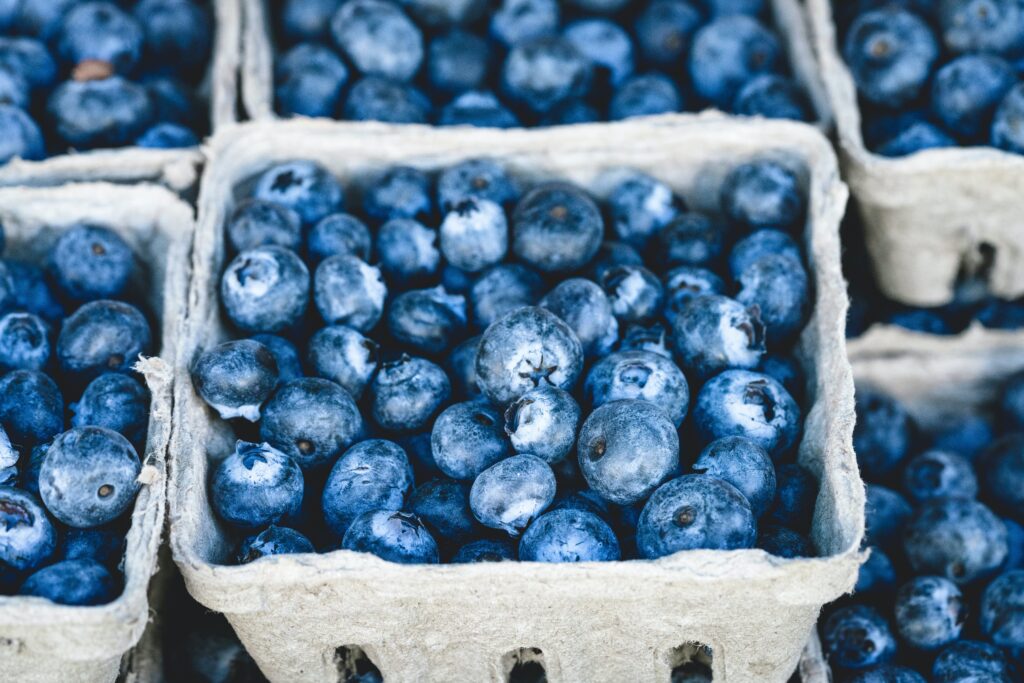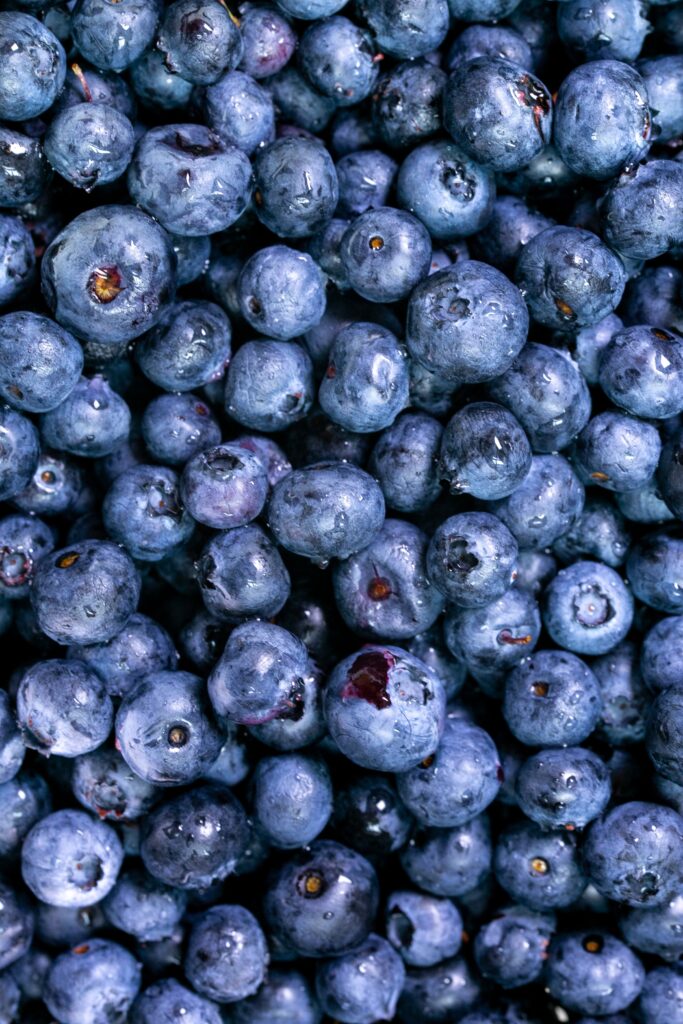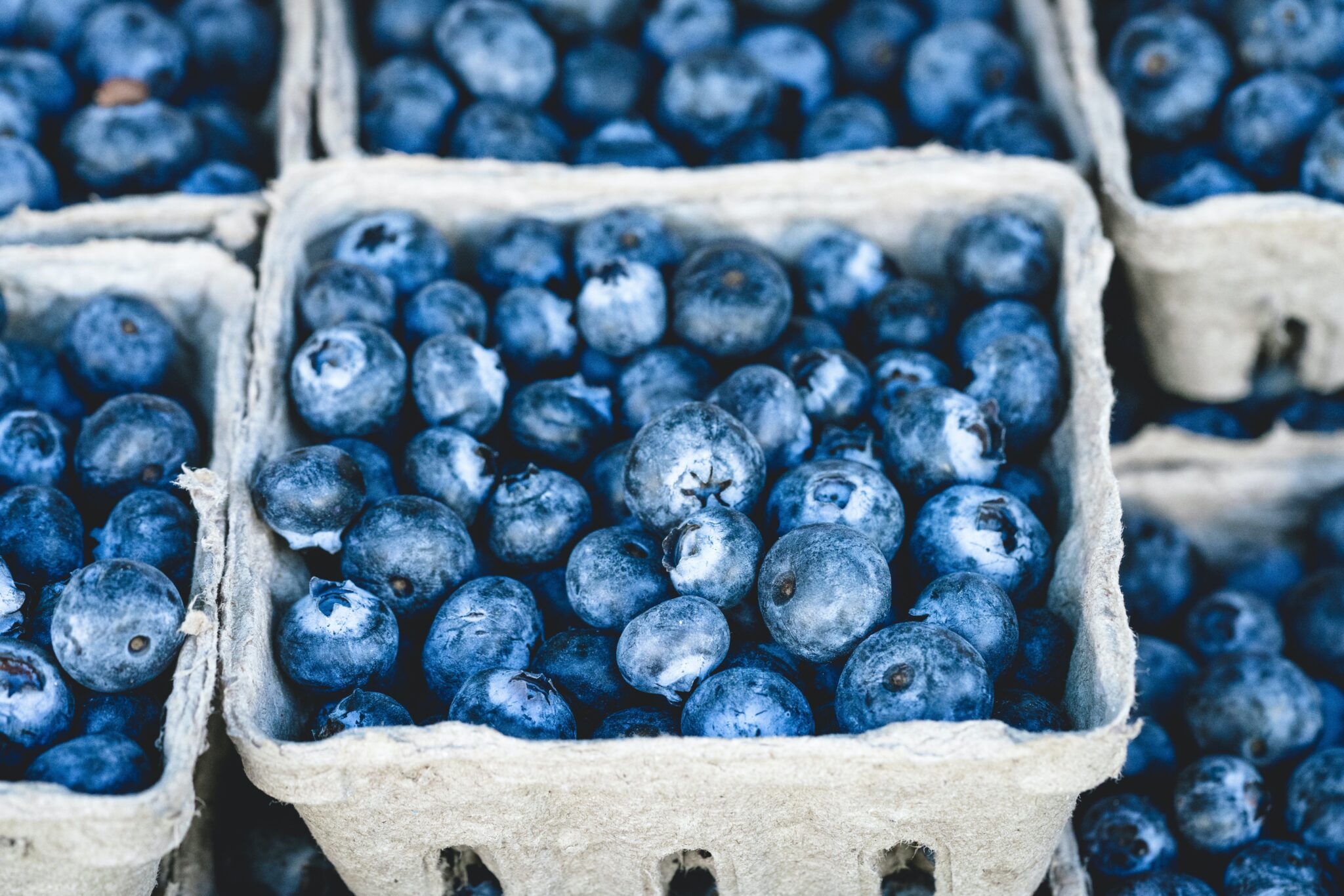Imagine embarking on a journey that not only aligns with your keto diet goals but also enhances your wellbeing through the wonders of fermentation. “Fermented Keto Delights: Enhance Your Diet with Probiotic Richness” is your go-to guide for marrying the high-fat, low-carb principles of the ketogenic diet with the gut-loving, probiotic benefits of fermented foods. This comprehensive source offers you insights, recipes, and tips to optimize your health, improve your digestion, and turbocharge your keto outcomes by incorporating the nutrient-dense superpowers of fermented delights into your routine. Get ready to transform your eating habits into a harmonious blend of flavor, health, and vitality.
Start Your Keto Journey Today!
The Basics of a Ketogenic Diet
Understanding Macros: Fats, Proteins, and Carbs
When you commit to a ketogenic diet, understanding macros—fats, proteins, and carbs—is crucial. Your diet will lean heavily on fats, which should make up about 70-80% of your daily intake. Proteins are moderate, sitting around 20-25%, while carbs are significantly reduced to 5-10%. This drastic change allows your body to switch from burning carbs for energy to burning fat, a state known as ketosis.
The Role of Ketosis in Weight Loss and Health
Ketosis is essentially your body’s alternative fuel system, kicking in when glucose is scarce. By adopting a ketogenic diet, you’re shifting the energy preference from glucose to ketones, which are derived from fats. This transition not only supports weight loss by burning stored fat but may also enhance brain function, stabilize blood sugar levels, and increase energy efficiency, making ketosis a unique ally in your health journey.
Common Keto-Friendly Foods
Embracing keto means saying hello to a variety of fats and proteins, including meat, fish, dairy, eggs, and nuts. Avocados and low-carb vegetables like spinach and broccoli become your best friends, whereas high-carb foods like bread, pasta, and sugar are significantly reduced. This adjustment not only assists in reaching ketosis but also encourages a more whole-foods-based diet.
Potential Health Benefits of a Keto Diet
Beyond weight loss, the keto diet offers numerous potential health benefits. These include improved heart health due to a drop in bad cholesterol levels, enhanced brain function, and potentially even a protective effect against certain cancers. Improved insulin sensitivity can also be a significant benefit, making the keto diet a topic of interest for those with type 2 diabetes.
Introduction to Fermented Foods
What are Fermented Foods?
Fermented foods are those that have been through a process of lactofermentation, where natural bacteria feed on the sugar and starch in the food, creating lactic acid. This process not only preserves the food but also creates beneficial enzymes, b-vitamins, Omega-3 fatty acids, and various strains of probiotics.
The Science Behind Fermentation
Fermentation is an ancient technique both for preserving food and enhancing its nutritional value. The science behind it is fascinating, with the fermentation process largely governed by beneficial bacteria, primarily lactobacilli. These bacteria convert sugars into lactic acid, acting as a natural preservative and promoting a friendly environment for gut health.
Probiotic Content and Health Benefits
The probiotics generated during fermentation are like gold for your gut health, contributing to improved digestion, enhanced immune function, and even better mental health. By integrating fermented foods into your diet, you’re not just eating; you’re cultivating a diverse microbiome that supports overall well-being.
Common Fermented Foods to Include in Your Diet
To reap these benefits, consider adding foods like yogurt, kefir, sauerkraut, kimchi, and kombucha to your daily diet. These fermented delights are not only tasty but also packed with probiotics that can enhance your health.

Start Your Keto Journey Today!
Synergy Between Keto and Fermented Foods
Enhancing Gut Health While on Keto
Combining keto with fermented foods could amplify your results, particularly in gut health. As you reduce carbs and increase fats, adding fermented foods can maintain a healthy balance in your gut flora, possibly preventing the common keto flu symptoms and encouraging smoother digestion.
Fermented Foods for Improved Metabolism
Fermented foods might also boost your metabolism on keto. With their rich probiotic content, they can aid in breaking down and absorbing the nutrients in your high-fat meals more efficiently, ensuring you get the most out of your keto diet.
Balancing Keto with Probiotics for Optimal Health
Incorporating probiotic-rich fermented foods into your keto diet can help you strike a perfect balance for optimal health. These foods can alleviate potential digestive issues related to diet changes, enhance nutrient absorption, and support your gut microbiome, making your keto journey smoother and more enjoyable.
The Impact of Fermented Foods on Keto-Adaptation
Introducing fermented foods early in your keto diet could also ease the adaptation process, helping your body adjust to ketosis more comfortably. The probiotics from fermented foods might help balance your gut’s microbiome, which is crucial during the dietary transition period.
Key Fermented Foods for Keto Dieters
Sauerkraut: A Low-Carb Probiotic Powerhouse
Sauerkraut, with its high probiotic content and low-carb profile, is an ideal fermented food for keto enthusiasts. Its sour taste can complement many keto dishes, adding flavor while boosting your gut health.
Kimchi: Spicy and Rich in Vitamins
Kimchi, a Korean staple, brings not only probiotics but also vitamins A and C to your keto table. Its spicy, crunchy texture can add a delicious kick to your meals, while its fermentation process ensures a probiotic boost.
Kefir: A Versatile Fermented Dairy
Kefir, a drinkable yogurt-like fermented dairy product, is a fantastic source of calcium, protein, and probiotics. It can be a refreshing beverage on its own or a base for keto-friendly smoothies, offering both versatility and health benefits.
Fermented Vegetables: Variety and Preparation Tips
From cucumbers to beets, fermenting your favorite vegetables can add variety to your keto diet. The fermentation process is simple, usually requiring just salt, water, and spices, making it easy to prepare these nutrient-rich snacks at home.

Creating Keto-Friendly Fermented Delights
Homemade Keto Sauerkraut Recipe
Making your own sauerkraut can be a rewarding venture. You’ll need only cabbage, salt, and patience as the fermentation does its magic. The result is a keto-friendly, probiotic-rich food that pairs well with many dishes.
How to Make Keto-Friendly Kimchi
Creating kimchi involves fermenting cabbage with a mix of spices, garlic, and ginger. While traditional kimchi recipes include sugar, keto adaptations replace sweeteners with keto-friendly alternatives, ensuring you can enjoy this spicy ferment without compromising your diet.
Keto Kefir Smoothies
For a refreshing, nutritious snack, blend kefir with low-carb fruits like berries, and add a touch of stevia if needed. These smoothies can be a fantastic way to incorporate fermented foods into your keto diet, offering probiotics and essential nutrients in a delicious drink.
Fermenting Your Own Vegetables: A Step-by-Step Guide
Fermenting vegetables at home is simpler than it sounds. Start with clean, chopped veggies, pack them into jars with a saltwater brine, and let them sit at room temperature. In a week or two, you’ll have your own homemade fermented vegetables, ready to enrich your keto diet with their probiotic content.
Combining Keto and Fermented Foods for Meal Planning
Incorporating Fermented Foods into Keto Meals
Fermented foods can easily be incorporated into your keto meal planning. Whether it’s adding sauerkraut to your salad, sipping on some kefir for breakfast, or enjoying kimchi with your grilled meat, these foods can enhance your meals with probiotics and flavor.
Sample Keto Meal Plan with Fermented Foods
Imagine starting your day with a kefir smoothie, followed by a lunch featuring sauerkraut-topped salmon. For dinner, a kimchi beef stir-fry could complete your balanced day, ensuring you’re getting a good mix of macros and probiotic benefits.
Snacking on Keto: Fermented Foods Edition
Fermented foods make for excellent keto snacks. A small serving of fermented vegetables or a few sips of kombucha can not only curb your hunger but also provide a probiotic boost between meals, supporting your digestion and overall health.
Balanced Keto Meals with a Probiotic Boost
By weaving fermented foods into your keto meals and snacks, you’re not only enhancing flavors but also ensuring a balanced diet that supports your gut health. This combination can lead to improved digestion, better nutrient absorption, and a more enjoyable keto experience.

Supplementing Your Keto Diet with Probiotics
The Role of Probiotic Supplements in a Keto Diet
While fermented foods are a natural way to consume probiotics, supplements can also play a role in your keto diet, especially if you find it challenging to include enough fermented foods in your meals. They can ensure you’re getting a consistent dose of beneficial bacteria to support your gut health.
Choosing the Right Probiotic Supplements for Keto
When selecting a probiotic supplement, look for those that offer a variety of strains and a high colony-forming unit (CFU) count. Ensure the supplement is low in carbs and sugar to keep it keto-friendly.
Combining Natural Food Sources with Probiotic Supplements
For the best results, combine natural food sources of probiotics with supplements. This approach ensures a broader range of probiotic strains and benefits, supporting a healthy and diverse gut microbiome.
Understanding Supplement Labels and Potencies
It’s essential to read and understand probiotic supplement labels, focusing on the potency (CFU count), strains included, and any additional ingredients that might not fit your keto diet. This knowledge can help you make informed choices that benefit your health.
Health Benefits of Combining Keto and Fermented Foods
Improved Digestive Health and Gut Flora
Combining keto with fermented foods can lead to improved digestive health. Fermented foods enrich your diet with probiotics, helping to balance your gut flora, which can be especially beneficial in a high-fat, low-carb diet like keto.
Enhanced Immune System Functioning
A healthy gut contributes to a stronger immune system. By incorporating fermented foods into your keto diet, you’re not only taking care of your gut health but also bolstering your body’s defenses against pathogens.
Better Nutrient Absorption from Keto Meals
Fermented foods can improve your body’s ability to absorb the nutrients from your keto meals. The probiotics in these foods enhance the digestive process, ensuring that you get more from the healthy fats, proteins, and minimal carbs you consume.
Potential Impact on Weight Loss and Energy Levels
The combination of keto and fermented foods might have a positive impact on weight loss and energy levels. Improved digestion and nutrient absorption mean your body can more efficiently utilize the energy from your food, possibly enhancing your weight loss efforts and boosting your vitality.

Challenges and Considerations
Balancing Macronutrients When Incorporating Fermented Foods
While fermenting, it’s vital to monitor the macronutrient balance of your meals, ensuring that the addition of fermented foods doesn’t inadvertently increase your carb intake beyond keto-friendly levels.
Addressing Potential Digestive Upset When Introducing Fermented Foods
As beneficial as fermented foods are, introducing them too quickly can lead to digestive upset for some. Start with small amounts and gradually increase your intake to allow your gut to adjust.
Modifying Fermented Food Intake Based on Keto-Adaptation Stages
During the initial stages of keto-adaptation, your body undergoes significant changes. It might be beneficial to moderate your intake of fermented foods during this period, gradually incorporating them as your body adjusts to ketosis.
Ensuring Variety and Moderation
While fermented foods are beneficial, it’s important to consume them in moderation and as part of a varied diet. This approach ensures you get a wide range of nutrients and probiotics without overdoing it.
Conclusion: The Future of Keto and Fermented Foods
Continued Research and Interest in Gut Health and Ketosis
The intersection of keto and fermented foods is garnering significant interest due to its potential benefits on gut health and overall well-being. Continued research in this area promises to uncover even more insights into how these dietary choices can support each other.
Innovative Fermented Keto Products and Trends
As interest grows, we can expect to see more innovative fermented keto products hitting the market, catering to those looking to combine these two health trends seamlessly.
The Growing Popularity of Fermented Foods in Keto Diets
With the myriad benefits fermented foods offer, their popularity within keto diets is only likely to increase. As people seek more holistic approaches to health, integrating these nutrient powerhouses into daily meals becomes a natural choice.
Personalizing Your Keto Diet with Fermented Foods for Optimal Health
Ultimately, the key to success with keto and fermented foods is personalization. Tailoring your diet to include the right mix of macros and probiotics for your body’s needs can help you achieve optimal health, making your keto journey not just about weight loss but about thriving.
Embracing the fusion of keto with fermented foods brings a new dimension to your dietary habits, enhancing both your health and your culinary experience. Whether through homemade delights or carefully chosen supplements, the integration of these nutrient powerhouses can elevate your keto diet to new heights.

